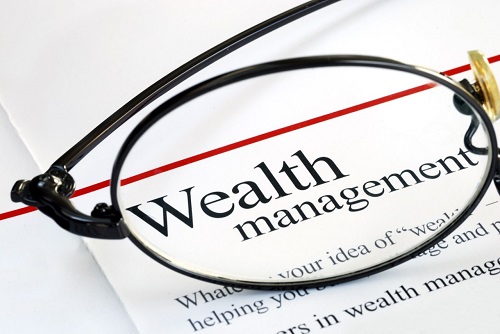Pensions make it easy to save for retirement, while saving tax along the way, so it’s important that business owners understand the different options available.
Benefits for employees
A competitive company pension can be a great way to improve employee retention, and it can also boost your business reputation to attract new employees in the future. There are other benefits that companies can provide to staff, such as death-in-service benefits or ill-health retirement pensions, which can enhance this perk for employees further.
Pensions are essential for our future lifestyle, something that financial advisors Reeves Financial agree with: “Your pension fund is one of your largest and most important assets that will help to support you into old age and ensure you can maintain a good standard of living in retirement”. So, businesses which understand this and are willing to invest generously to their employees’ retirement funds will stand out among the competition.
The law on pensions
Businesses are required, by law, to provide pension enrolment for qualifying employees which means that they need to pay pension contributions for most staff unless any employees specifically opt-out of enrolment. Any businesses that don’t comply with this regulation could face daily charges of up to £10,000 in penalties and even criminal prosecution or imprisonment.
A qualifying employee is anyone working for the business who is between 22 and state pension age, who has a salary over the automatic enrolment earnings of £10,000 or more and who isn’t already a member of a qualifying pension scheme. Non-qualifying employees aged between 16 and 74 who earn at least £6,032 can choose to opt-in if they want to. Workers earning less than this have the right to join the pension scheme, but the business isn’t obligated to pay pension contributions in this case.
The minimum level of contributions
Employer contributions need to be at least 3% of qualifying earnings, which is payable on earnings between £6,032 and £46,350. This means that total contributions, including the contributions from the employee, need to be at least 8%. However, while these figures are the minimum, both the employee and the employer are able to make higher contributions if they want to.
Business owners can claim pension contributions as a business expense. Employee contributions benefit from tax relief on contributions up to 100% of annual earnings, subject to the annual allowance which is typically £40,000. For each £2 of income between £150,000 and £210,000, the annual allowance is reduced by £1, with the minimum allowance totalling £10,000.
Pension scheme options
There are two main types of pension scheme available for business owners to choose from. These are defined benefit schemes and defined contribution schemes. Each of these options comes with its own set of benefits and considerations, so business owners should do their research and speak to a specialist before making their decision.
Defined benefit schemes, which are sometimes referred to as final salary schemes, place the responsibility for funding pensions on the business. This type of pension promises a pension which is related to the individual’s earnings at retirement. The scheme is revalued to ensure there are enough assets to pay the pension in the future and factors such as the stock market can impact the asset value. For this reason, the use of defined benefit schemes have declined because of escalating costs and increasing life expectancy.
Defined contribution schemes, also known as money-purchase schemes, place the risk of underfunding on the employee rather than the employer. With this type of pension, the individual is expected to choose their own investment strategy although most schemes have a default which most people will opt for. When the employee reaches retirement age, the fund can be used to provide a lump sum or an income, but the size of the fund depends on how well their investments have performed.
Self-employed solutions
For self-employed individuals running their own business operations, there are self-invested personal pensions, also known as SIPPs, which work in a similar way to standard personal pensions. SIPPs are governed by the same tax, contribution and eligibility regulations as personal pensions but they also offer greater investment freedom.
Final thoughts
Retirement planning is essential for everyone and the earlier you start planning for retirement, the better off you’ll be. Business owners have a responsibility to ensure they are complying with the latest laws when it comes to pensions while also ensuring that they are helping their staff plan for their future.
